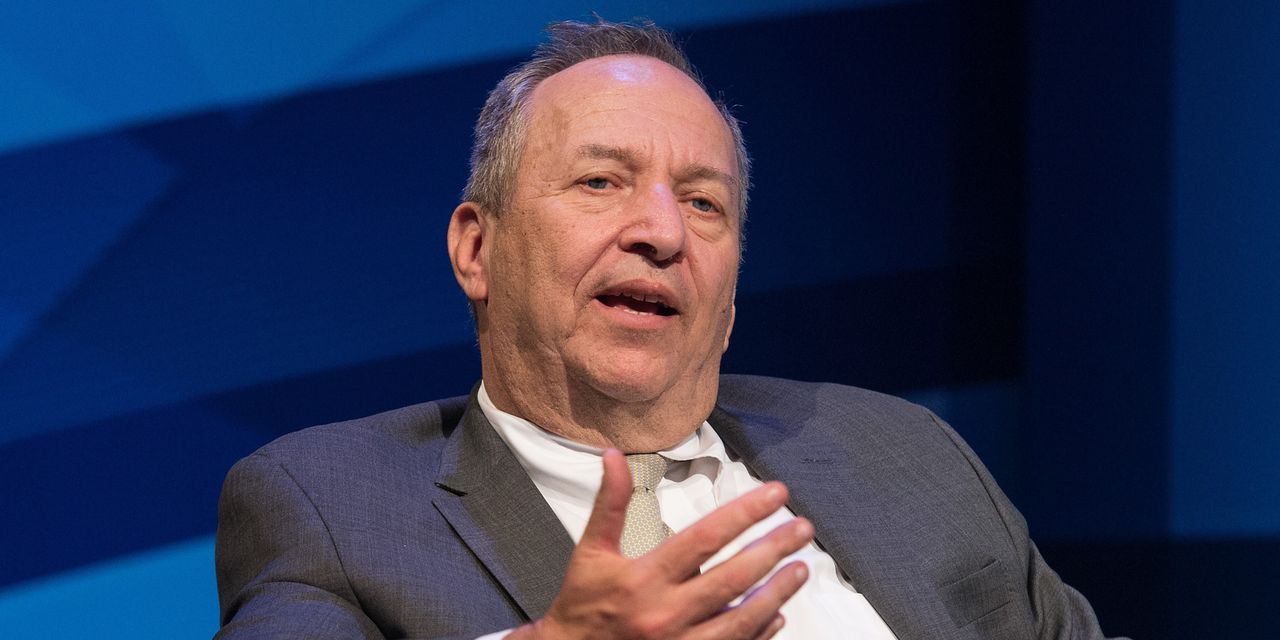““A currency crisis in a reserve currency could well have global consequences. I am surprised that we have heard nothing from the IMF.””
Former U.S. Treasury Secretary Larry Summers is worried that the U.K.’s new Prime Minister Liz Truss may risk triggering a global crisis if the government doesn’t take steps to stop the bleeding in local government bonds and the pound.
Since the pound is considered a global reserve currency, a balance-of-payments crisis in the U.K. could reverberate beyond Britain’s borders, Summers said in a series of tweets on Tuesday.
Given the growing risks of a crisis, Summers said he is “surprised” that the International Monetary Fund hasn’t yet chimed in.
Summers said last week that he wouldn’t be surprised to see the pound tumble all the way to parity with the U.S. dollar and the euro
EURUSD,
But on Tuesday he said the pace of the British currency’s decline over the past couple of days has taken him by surprise.
The pound tumbled along with British government bonds as international markets pushed back against the Truss government’s proposed mini-budget, which included both tax cuts and billions of pounds in energy subsidies to help British families struggling to pay heating bills in the face of the worst inflation in recent memory.
Summers slammed the budget as “utterly irresponsible” and said that “a strong tendency for long rates to go up as the currency goes down is a hallmark of situations where credibility has been lost.”
As the U.K. trade deficit climbs due to rising energy costs, this combination of a weakening pound paired with rising yields could lead to a vicious cycle, Summers said.
Summers added that he would “not be amazed” to see yields on short-term gilts triple over the next two years, eventually rising above 7%.
See: Traders shrug after Bank of England says it ‘won’t hesitate’ to raise rates to meet inflation target
It’s possible that London’s status as a global financial center could be damaged in the process.
The pound rebounded on Tuesday as the greenback pulled back after hitting its highest level in 20 years. But the U.K. currency is still fetching just $1.08, just above its lowest level since the 1980s.
Meanwhile, U.K. bond yields continued to climb, with the 10-year gilt
TMBMKGB-10Y,
yield hitting 4.373%, while the 2-year gilt yield
TMBMKGB-02Y,
ticked lower to 4.441%.
British stocks were on track to finish marginally higher on Tuesday after the FTSE 100
UKX,
the U.K.’s benchmark stock index, saw its lowest close since June on Friday.
